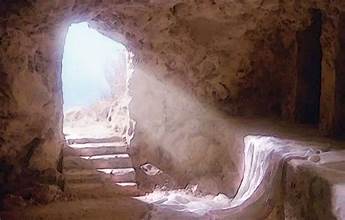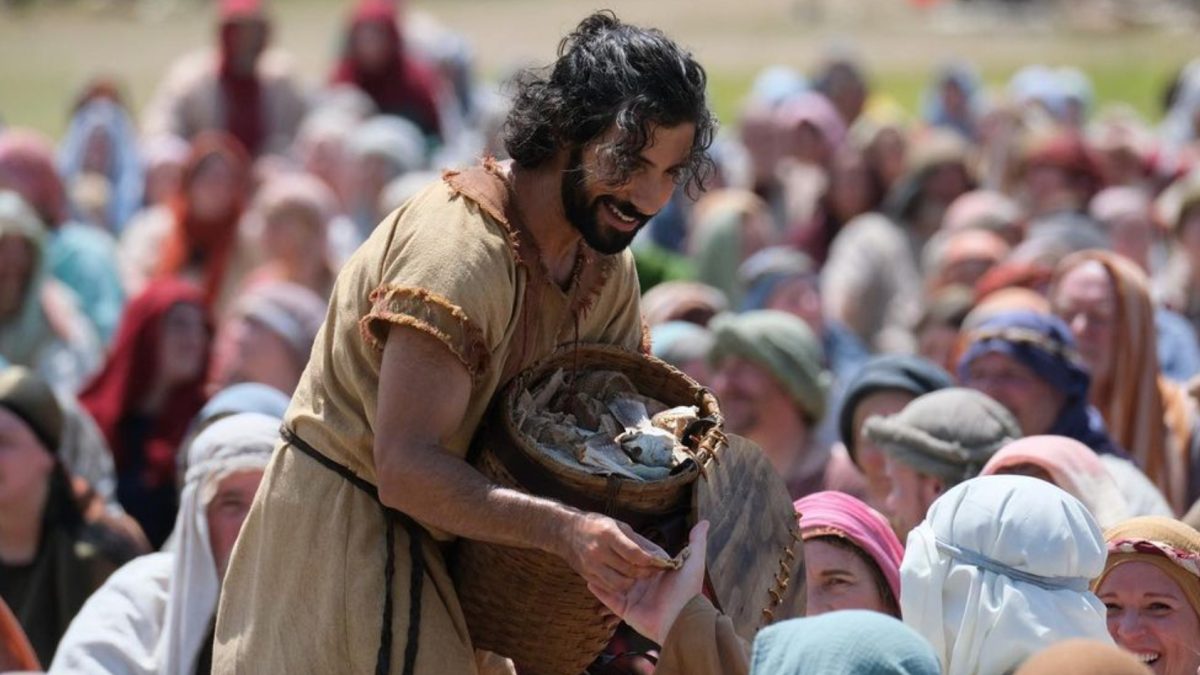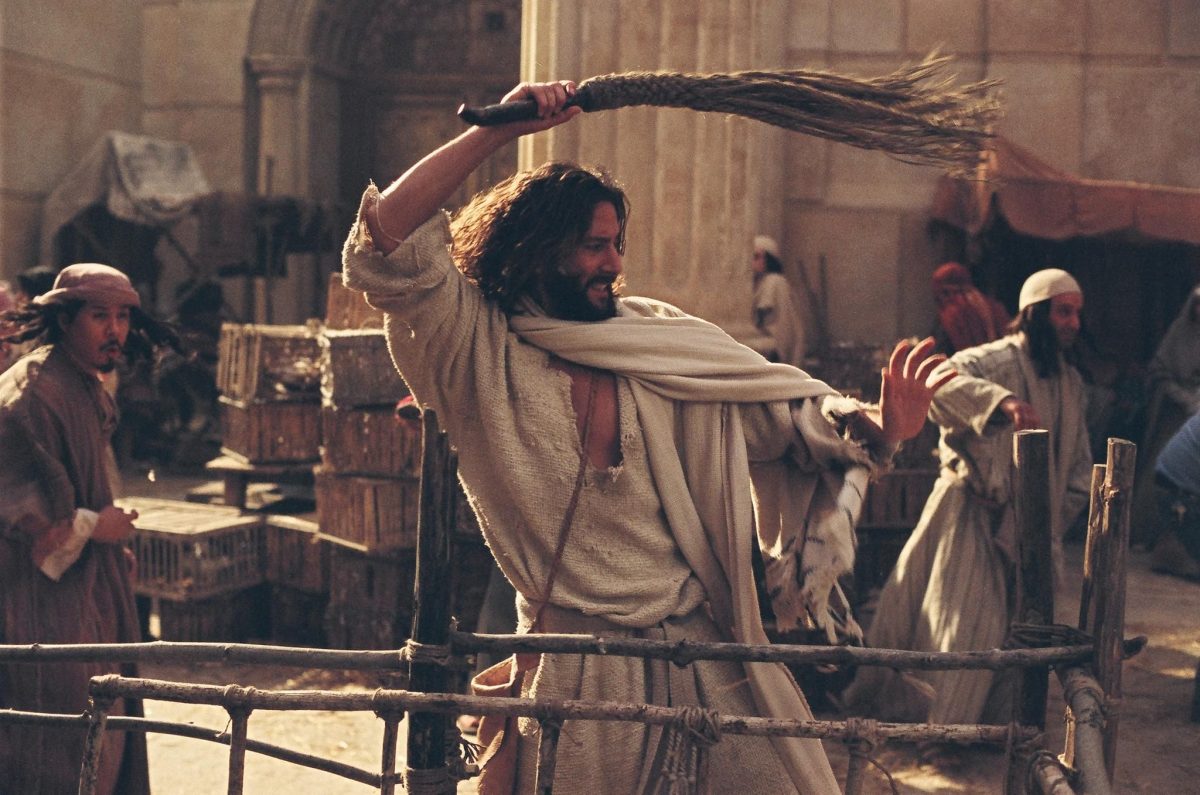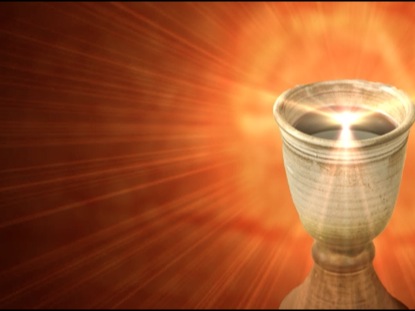Focal Passage: 2 Timothy 1:5-7
Holocaust survivor and author of The Hiding Place, Corrie ten Boom understood the power of fear more than most of us. She also understood the power of her God to take away fear. “Never be afraid,” she said, “to trust an unknown future to a known God.”
I thought about what she said this week as someone talked about the current state of affairs in our country and across the world. In his understated way my friend told me that the political and social turmoil left him “a little unsettled.”
Americans feel increasingly pessimistic and uncertain about the future, according to recent polls. Many people suffer from a growing sense of despair and concern about perceived changes in the quality of life and the future of their children or grandchildren.
A recent Gallup poll found 80 percent of Americans anticipate some level of economic difficulty in the near future, with expectations of higher taxes and deeper national deficits. That same poll showed optimism about the next generation’s prospects has declined significantly in recent years. Only 42 percent of Americans believe today’s young people will have a better life than their parents, an 18-point drop since 2019.
As troubling as that sounds, there is more depressing news. A recent Reuters poll reveals that 80% of Americans expressed “fear that the world is spiraling out of control.” In addition, 64 percent of Americans are pessimistic about the country’s moral and ethical standards.
While I understand the feeling and fight its grip on me at times, as an American and a Christian, I find this underlying fear disturbing. Fear cannot be a part of the Christian’s vocabulary, can it? How can we “trust an unknown future to a known God,” as ten Boom said? Thankfully, the Bible has an answer.
Paul found himself in a cold Roman dungeon, chained to a common criminal, isolated from his friends and staring death in the face. Believers in Christ were being persecuted. Preaching God’s word put Jesus followers in opposition to the Jewish faith and to Roman rule. If anyone had a right to fear it was those early Christians.
In his second letter to Timothy, a young pastor he left in ministry in Ephesus, Paul encouraged Timothy to set aside fear in favor of faith. To draw upon the power of God’s spirit in the face of life’s challenges.
I have been reminded of your sincere faith, which first lived in your grandmother Lois and in your mother Eunice and, I am persuaded, now lives in you also. For this reason, I remind you to fan into flame the gift of God, which is in you through the laying on of my hands.” (2 Timothy 1:5-6)
It’s Paul’s next words I needed to hear this week.
“For God did not give us a spirit of fear, but a spirit of power, of love and of self-discipline.” (2 Timothy 1:7)
Paul ordained Timothy to preach and teach Jesus. He wanted him to continue to build up the faithful believers in Ephesus to grow and mature in their own faith…despite the opposition he faced and the persecution Paul knew would come their way.
Perhaps a young Timothy let timidity grab hold, dousing his passion for God’s work. That’s why Paul urged him in verse 6 to fan the flame of his calling. To stoke the fire. To burn again and rekindle his desire to share Christ with others and encourage others to live up to their calling.
Fear and anxiety are not from God. Fear paralyzes. Fear manipulates. Fear destabilizes and prevents us from serving God, from living as Christ lived.
When circumstances grip us in fear and hopelessness, God’s spirit gives us power beyond human experience. When he knew the deep fear the disciples would feel when he was no longer with them, Jesus lets them know they would find power through God’s spirit.
“You will receive power when the Holy Spirit comes upon you. You will be my witnesses, telling people about me everywhere—in Jerusalem, throughout Judea, in Samaria and to the ends of the earth.” (Acts 1:8)
The power to be his people, to stand for him, to share him with those we encounter comes from the presence of the Holy Spirit and his work within us. Divine strength flows to us from the spirit to overcome obstacles and face challenges to boldly proclaim the gospel and live intentionally for him. When filled with fear, we rest on the knowledge that God’s gift of his spirit is greater than our fears.
You find the empowerment in the spiritual gifts which God uses to equip his believers for service and ministry…powerful gifts to proclaim, encourage, and discern. Gifts that extend hospitality and administer his work.
The spirit also empowers us to grow in the fruits of the spirit, the outward demonstration of his work within us. He provides the power to develop kindness, hope, love, faithfulness, gentleness and goodness. In other words, to develop the character of Christ that we would be powerless to accomplish without his presence.
Through his spirit of power, God grants us these gifts to strengthen us to do the work.
Paul also said Gods fills us with a spirit of love that surpasses human understanding. This agape love is a sacrificial love that compels us to reach out to the lost, to forgive those who hurt us and to serve others openly and selflessly.
The Apostle John talks about this spirit of love in one of his letters.
God is love. Whoever lives in love lives in God and God in him. In this way, love is made complete…There is no fear in love. Perfect love drives out fear…And he has given us this command: Whoever loves God must also love his brother.” (I John 4:16-18, 21)
On an earlier occasion Jesus said something similar.
A new command I give to you, that you love one another as I have loved you…By this shall all men know that you are my disciples, that you love one another. (John 13:34-35)
I like what Pastor Dean Courtier said about the power of love granted by the spirit. “When we truly grasp the depth and breadth of God’s love for us, we no longer cower in fear of judgment or condemnation. Instead, we are emboldened to approach God with confidence and to extend love and compassion to others without reservation.’
Paul also talks about the Spirit granting us the power of self-discipline, what other translations call a “sound mind.” It is the power to think clearly, remain grounded in our faith and not be swept away by fear and panic. In this day of misinformation and the sensationalized nature of modern media, that’s not the easiest thing to do on your own.
A Christian nurse working in an overcrowded hospital through the horrors of Covid, talked about how she would pray each morning quoting 2 Timothy 1:7 to herself. So much was unknown early in the pandemic. The threat of infection and death loomed large. She reminded herself that she had not been given a spirit of fear.
She chose instead to show the spirit of power through her unwavering presence, the spirit of love through her care for her patients and a spirit of sound mind or self-discipline by following safety protocols to protect herself, her patients and her colleagues. The sense of peace she experienced after each prayer, she said, became “as contagious” as the virus, serving as an encouragement not only to herself, but to the patients, doctors and nurses in her unit.
Truthfully, there is much going on in this world that might engender fear in my heart. You may feel the same way. Rosa Parks, the civil rights icon, fought a tough battle against racism and discrimination. She said, “I have learned through the years that when one’s mind is made up, this diminishes fear. Knowing what must be done does away with fear.”
Let’s, therefore, make up our minds. There is no room for fear in a Christian’s life even when the world seems to unstable. That’s when the world needs Jesus most. That’s when the world needs us most to be Jesus’ voice, hands and feet. That’s what must be done. That is the life to which we’ve been called. Let our purpose and God’s spirit of power, love and self-discipline within us drive away our fear.
Do not be anxious about anything, but in everything, by prayer and petition, with Thanksgiving, present your requests to God. And the peace of God, which transcends all understanding, will guard your hearts and your minds in Christ Jesus. (Philippians 4:6-7)
Thinking Points
Paul reminded Timothy of his spiritual heritage through his grandmother and mother. What spiritual habits, values and attitudes have you inherited from others and how are you passing those on to future generations?
What gifts or callings in your life have grown dormant by fear, distraction or fatigue? What would it look like if you fanned the flames or rekindled your passion?
How would living in power, love and self-discipline change your response to the challenges and uncertainties in your life?
What would a spirit-empowered life look like in today’s cultural and political climate? Can the church respond to the fear in the world without becoming fearful itself?
*****
Author’s Note: If you want to receive this blog via email, click on this link or go to www.drkirklewis.com. Find the “Subscribe” button and enter your email address. That’s all it takes. Your email is not released to anyone else.









